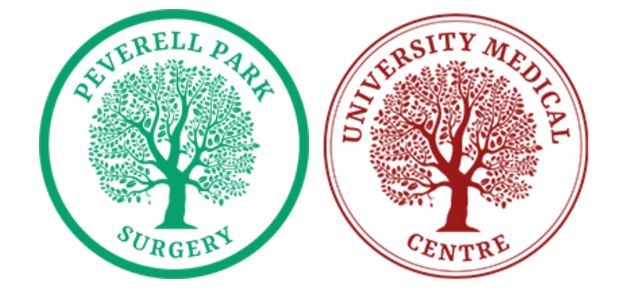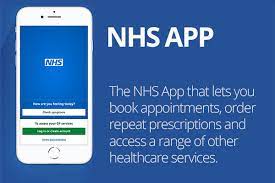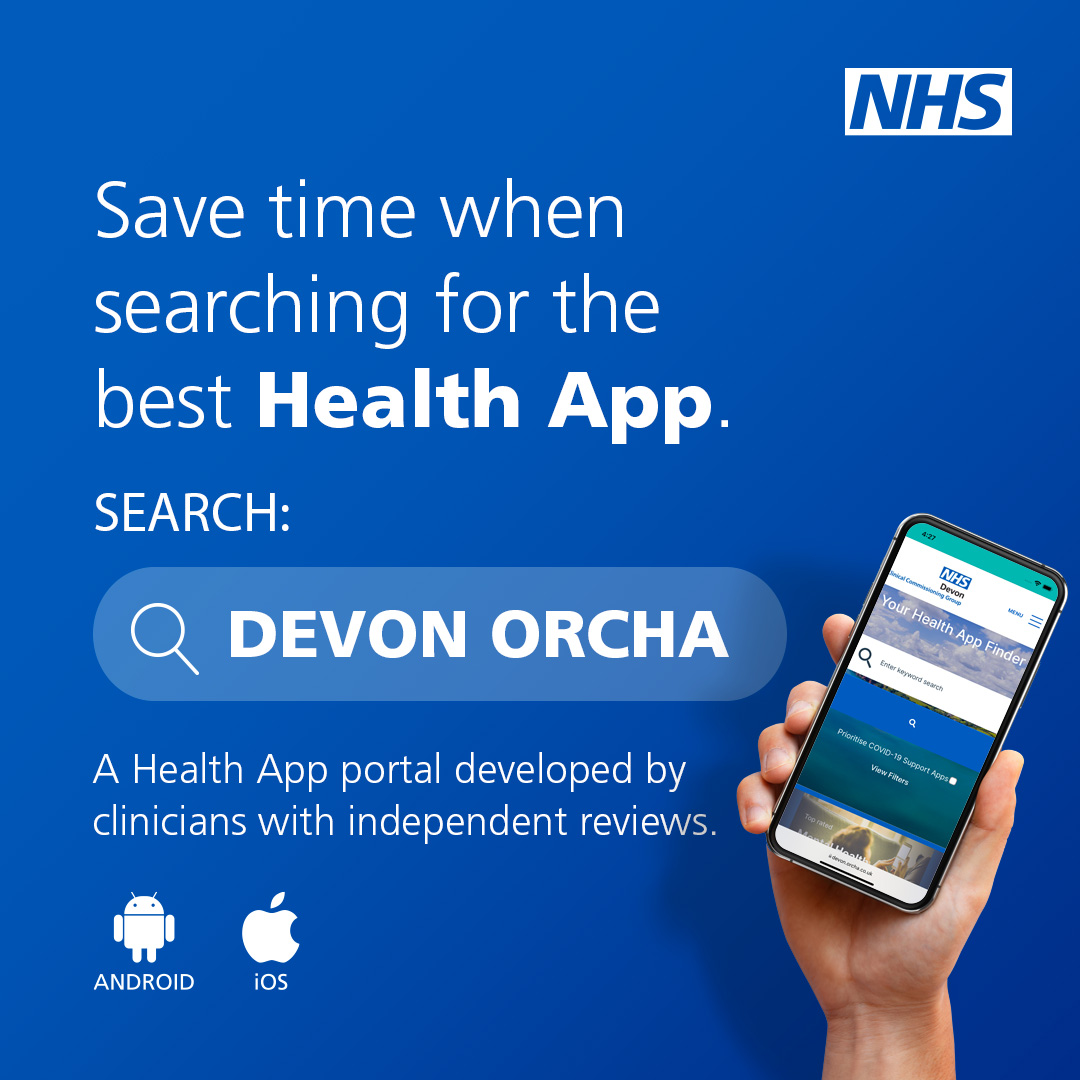Peverell Park Surgery & University Medical Centre
Peverell Park Surgery | 01752 766644
University Medical Centre | 01752 222341
Sorry, we're currently closed. Please call NHS 111

Pre-op care to support NHS patients ahead of surgery
A third of on-the-day cancellations are due to people not being clinically ready for treatment, such as having a long-term condition including diabetes or high blood pressure which has not been diagnosed or properly managed.
The NHS Elective Care Recovery Plan will shortly outline plans to roll out access to specialist teams made up of nurses, care co-ordinators and doctors, who will screen patients and work with them to develop personalised plans ahead of their surgical procedure.
The initiative will boost people’s chances of recovering quickly from treatment as well as cutting the number of operations that are cancelled on the day.
Earlier pre-operative screening will also help identify patients with additional health needs who would benefit from extra support both before and after surgery, such as help to stop smoking or get physically fitter, or engagement with mental health services.
Patients who are not fully ready for treatment are at greater risk of significant complications after surgery, which can result in a hospital admission up to three times longer than average and can lead to longer term health problems and reduced chances of survival.
The dedicated care teams will be in place from April 2023, forming part of a major package of initiatives to be set out in the upcoming NHS Elective Recovery Plan.
This includes the rollout of more than 100 community diagnostic centres and extra surgical hubs, all backed by billions of pounds of additional investment.
Amanda Pritchard, chief executive of the NHS in England, said: “While treating more than 600,000 patients in hospital for Covid has inevitably disrupted routine and elective treatments, the NHS is accelerating efforts to recover services and ensure as many patients as possible receive timely, expert care.
“Last minute cancellations for health reasons are not only a major source of frustration and anxiety for patients, but cost the NHS and taxpayers, so it’s absolutely right that we help people to get fighting fit for surgery.
“The NHS is committed to providing care for all so as we have said all along, it is crucial that anyone who is concerned about their health comes forward so staff can help you get the support and treatment you need”.
From April 2023, the perioperative care teams will also help identify low-risk patients who do not need to attend face-to-face preoperative assessments, as well as those who could be treated in elective hubs rather than hospital.
This will ensure patients are treated in the most appropriate place and free up capacity for those who require more complex care in hospitals.
A recent Healthwatch report emphasised the importance of interim support for patients on the waiting list, which can help keep them get well and get them ready for surgery.
Peverell Park Surgery
- Monday
08:00am to 06:00pm
Phones open at 08:00 / Doors open at 08:30 - Tuesday
08:00am to 06:00pm
Phones open at 08:00 / Doors open at 08:30 - Wednesday
08:00am to 06:00pm
Phones open at 08:00 / Doors open at 08:30 - Thursday
08:00am to 06:00pm
Phones open at 08:00 / Doors open at 08:30 - Friday
08:00am to 06:00pm
Phones open at 08:00 / Doors open at 08:30 - Saturday
CLOSED - Sunday
CLOSED










